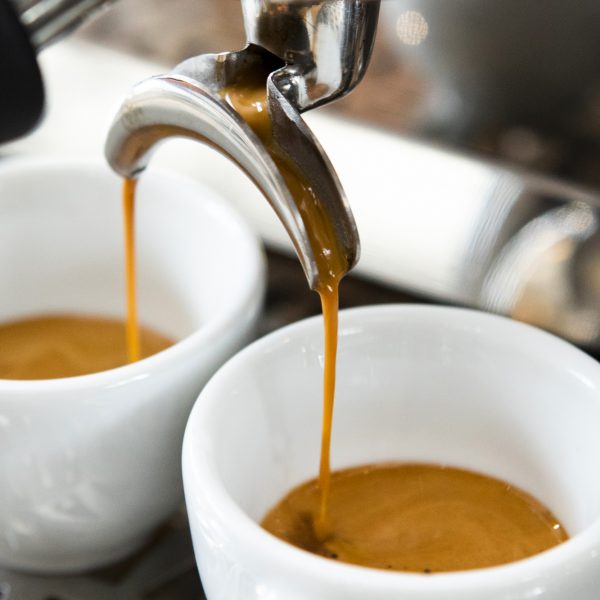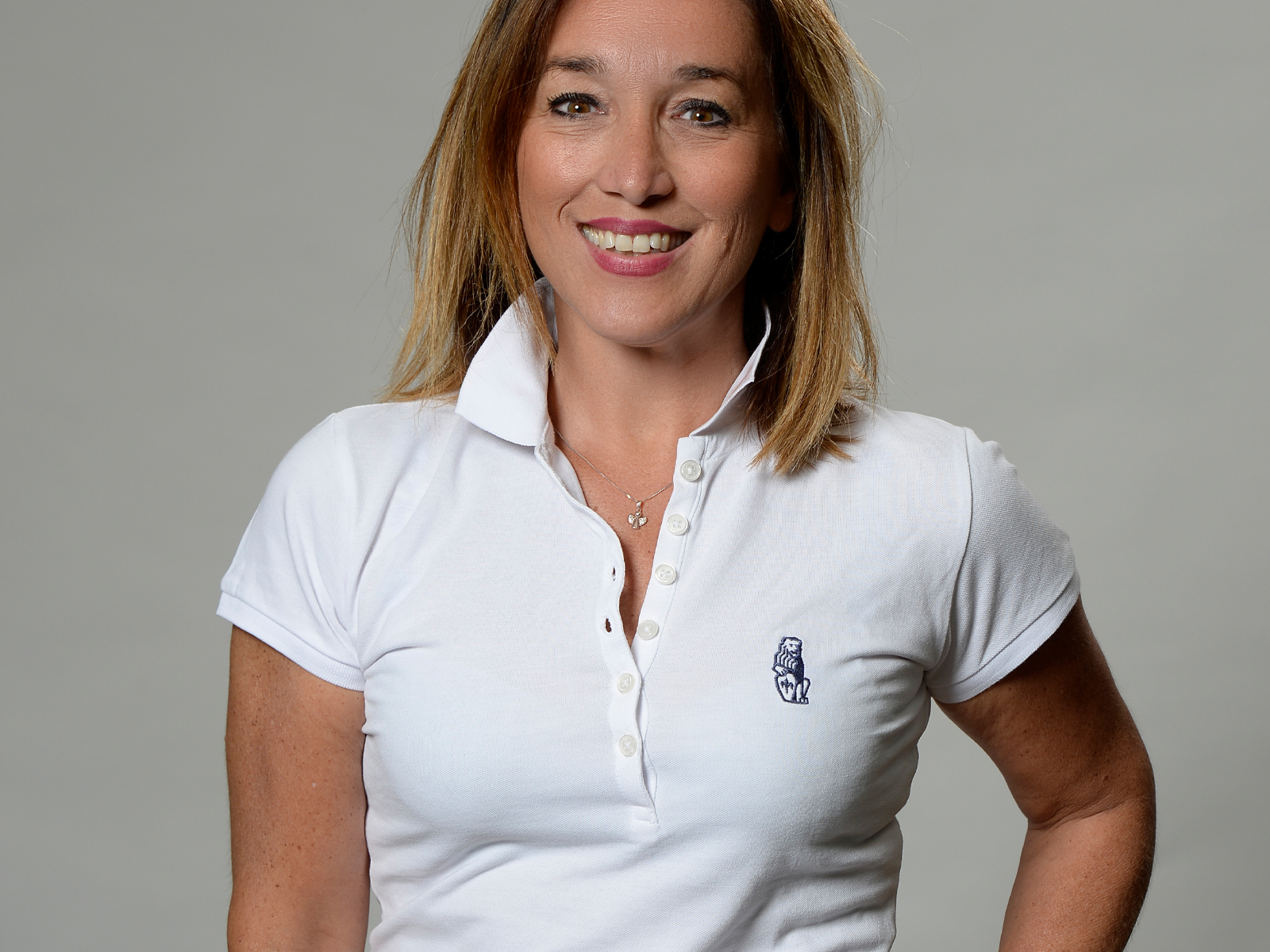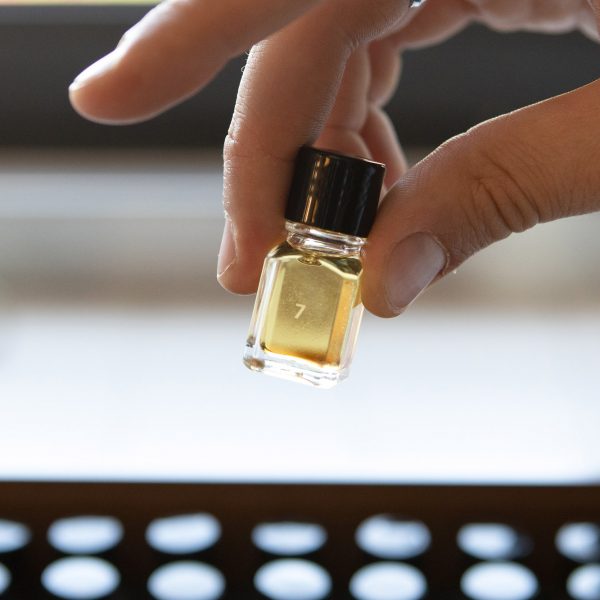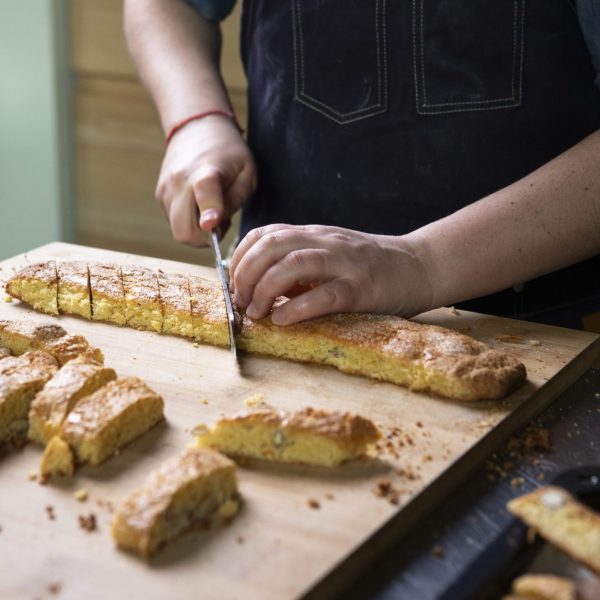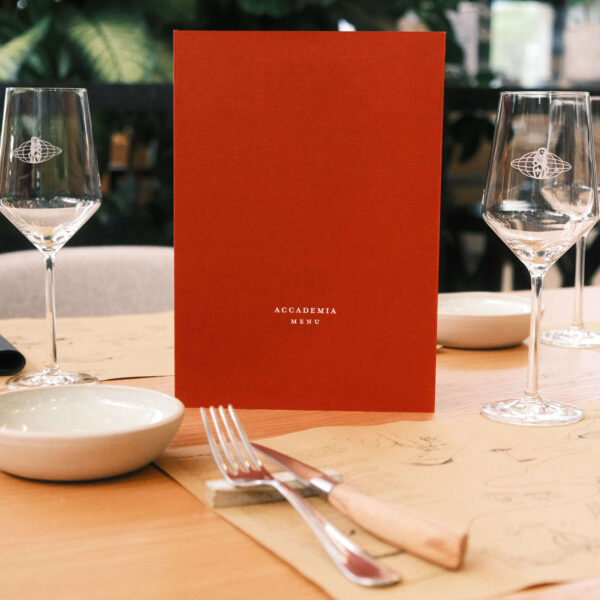Blog
A coffee with” is a way to learn about life at the old La Marzocco factory by the people who have experienced it.
This time, we took a coffee and chatted with Elena Ciuffi, Purchasing Manager at La Marzocco.
I have been with La Marzocco for 17 years, and my initial impression of the company remains vivid. Before joining here, I worked at a multinational corporation, so the reality of Pian di San Bartolo felt almost surreal. The office, shared with two other colleagues, was housed in a converted warehouse, now the site for machinery assistance for the Italian branch. What struck me was the dedication of the people, working as if this company were the only one in the world. Most employees were locals, living just steps away from the factory, radiating a sense of satisfaction. It was their world, a matter of prestige, albeit on a remarkably small scale. At the end of the year, reconciling statements was a meticulous process—were the invoiced machines 1675 or 1679? Today, these numbers make us smile, considering we now sell forty thousand machines annually.
The environment was unique. The workshop team, being the majority, had considerable influence due to their role in production and historical knowledge. They were respected for their field experience, a dynamic that was closer than what we experience today, given the smaller workforce. It was a factory situated outside the city, not in an industrial area, but amid a village with a breathtaking landscape. It felt like living on an island.
When I started, there were so few of us that we had to wear many hats, contributing to various tasks, and making the experience incredibly satisfying. Looking back, we undoubtedly made mistakes, and perhaps things could have been done better. However, at that moment, it felt like we were giving our best collectively. It was a collaborative effort marked by a willingness to help each other without competition. We worked tirelessly, and that year was pivotal. The 2009 crisis provided us with the opportunity to reorganize everything. Being involved in almost every aspect made you feel connected, especially when your contributions solved a problem, making you feel like a crucial part of the company. Not in a negative sense, where you’re just an invisible number, but as the gear without which everything stops—the one that makes the machine work.
Vivid memories from the early days revolve around the sense of wonder in front of what seemed like an unreal world. I remember Roberto Bianchi welcoming me by explaining various aspects and mentioning, “Later, I’ll show you around the museum; Piero will explain everything.” I still reflect on this scene because, at the mention of “museum,” I wasn’t expecting something like the Uffizi, yet there was a sense of anticipation. We went through the staircase and stood in front of three machines that, in my opinion, seemed like old machines awaiting renovation. The machines we have today at the factory and at the Accademia were all reworked, and over the years, I took care of re-polishing, repairing, and chrome-plating pieces, and reattaching small plexiglass plates. Back then, there weren’t even the means, and the machines were placed there haphazardly. But their passion distorted reality, and for them, it was a “museum.” As an outsider, it took me aback a bit. I came from Florence, and for them, Florence was a distant land. To Piero, Roberto, Pina, and most workers, reality stopped at Pian di San Bartolo—they were from there. Piero preferred to employ people from Pian di San Bartolo. It was a closed circle he could control, providing reassurance because in a village, everyone knows who the good and bad guys are. In Florence, hardly anyone knew La Marzocco as the coffee machine seller; if you mentioned La Marzocco, locals would think of “that place that sells books,” a bookstore in the city center.
The funniest thing happened when I witnessed the opening of the World Barista Championship for the first time—a moment of great excitement! We were all called to connect to a video in a room, and everyone was in a state of anxiety. I was trying to understand what this Barista competition was all about. I asked about the prize, and though the amount seemed reasonable, it wasn’t life-changing. Despite that, everyone was on the edge of their seats. As I watched these baristas making cappuccinos, I was puzzled, unable to comprehend the situation. When I described these events to my friends back in Florence that evening, they couldn’t quite grasp it either. As time passed, I learned that Americans give much more professionalism to the job, whereas in our culture, being a barista was considered a minimum-level job—something for those who couldn’t find anything else or simply weren’t capable of doing anything else. Thus, for the first year, I considered it an unreal world, unsure if it depended on the factory or if the outside world was the odd one.
In the mezzanine floor where there was a coffee bar. Sometimes there was Piero with some supplier. I remember two historical suppliers who, in my opinion, were more than just old; they were involved in mechanical processing over a lid and felt important because they had been working with La Marzocco for forty years. They would talk at the bar for hours. Back in the day, I hadn’t met Piero much. Nonetheless, once we moved to Scarperia, his office was next to mine, so we would drink coffee together every morning. He made me taste all the mixtures he invented. Sometimes he would grumble and come to my office to pour out because even though I was 30 years younger than him, he felt I was closer to his mentality than the younger individuals who started to come in. Furthermore, we both were from Pian di San Bartolo, so he considered me historical for that reason too. It was a means of release but also a way of tracing down a vision of the future of the company.
Later on, I officially replaced Pina. When it came to suppliers, Piero had a say in the matter and always wanted to give his opinion. He was used to Pina, who was in charge of purchases but being the only employee, she also did several more things. Piero would sometimes ask me to do things that weren’t my area of competence, and I had to delegate them to others because, as we were growing, everyone got specialized. There was a different time management, perceived in a way with which I didn’t quite know how to act. Ron, who was the CEO at the time, recommended to me when I came in, saying, “You are very energetic, keep a low profile.” The first year, I was disoriented because in this “relaxed” environment, I felt I wasn’t being fully taken advantage of. But after we recovered to get through the crisis, I got so caught up that I assure you we worked hard, and I feel I gave a lot. I am so happy with everything I did, and I would do it again.
Visite, degustazioni, experience e corsi
